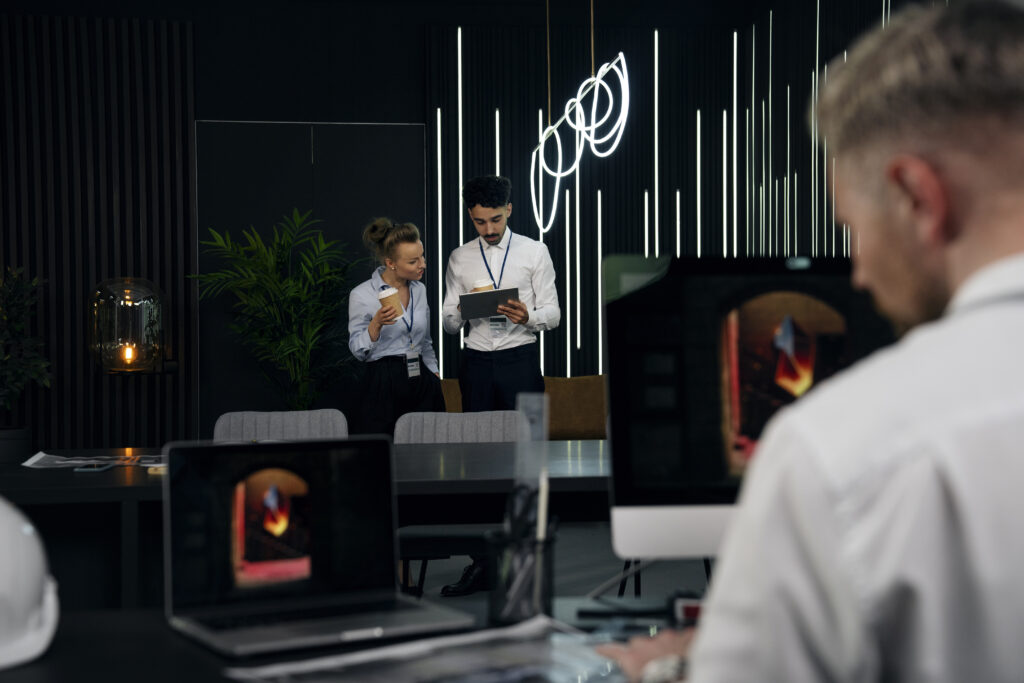
Introduction
As the professional landscape evolves, so does the significance of office design in influencing recruitment strategies. Companies are increasingly recognizing the role of workspaces in attracting and retaining top talent. This article delves into the dynamic relationship between office design and recruitment, exploring how innovative spaces contribute to a positive organizational culture and enhance the overall recruitment process.
Creating a Vibrant Workplace Culture
A well-designed office fosters a vibrant workplace culture that appeals to potential candidates. Features such as open collaboration spaces, breakout zones, and recreational areas communicate a company’s commitment to employee well-being and engagement.
Attracting Top Talent Through Aesthetics
First impressions matter, and the aesthetics of an office can significantly impact a candidate’s perception. Thoughtful design, incorporating elements like natural light and ergonomic furniture, creates an inviting atmosphere that attracts top-tier talent.
Flexibility and Remote Work Options
In the wake of the digital era, the concept of a traditional office is evolving. Flexible workspaces and remote options are becoming crucial factors in recruitment. Companies that embrace these trends showcase adaptability, a quality highly valued by modern professionals.
Enhancing Collaboration and Innovation
Innovative office designs prioritize collaboration, providing spaces that facilitate brainstorming and idea-sharing. A collaborative environment fosters creativity and teamwork, essential qualities sought after by recruiters aiming to build dynamic teams.
Incorporating Technology for Efficiency
Technology integration within office spaces is a key factor influencing recruitment. Smart offices with advanced tech infrastructure not only streamline daily tasks but also appeal to tech-savvy candidates seeking a modern and efficient work environment.
Sustainability and Corporate Responsibility
The emphasis on sustainability and corporate responsibility has extended to office design. Candidates often align with organizations demonstrating a commitment to environmental consciousness. Green initiatives and eco-friendly design elements can significantly enhance a company’s appeal.
Balancing Privacy and Openness
A successful office design strikes a balance between open collaboration and individual privacy. Designing spaces that accommodate focused work while fostering teamwork showcases an understanding of employees’ diverse needs and preferences.
Embracing Diversity and Inclusion
Inclusive office designs cater to a diverse workforce, promoting a sense of belonging. Thoughtful layouts and accessible facilities convey a commitment to diversity, making the workplace more attractive to candidates seeking inclusive environments.
Adapting to Evolving Work Trends
The future of workspaces lies in adapting to evolving trends. Hybrid models, incorporating both in-person and remote work, are gaining prominence. Recruiters valuing adaptability and forward-thinking are more likely to attract candidates seeking flexible work arrangements.
Conclusion
In conclusion, the relationship between office design and recruitment is evolving rapidly. Innovative workspaces not only attract top talent but also contribute to employee satisfaction and retention. As companies navigate the changing landscape of work, investing in thoughtful and strategic office design remains a powerful tool for staying competitive in the recruitment arena.

